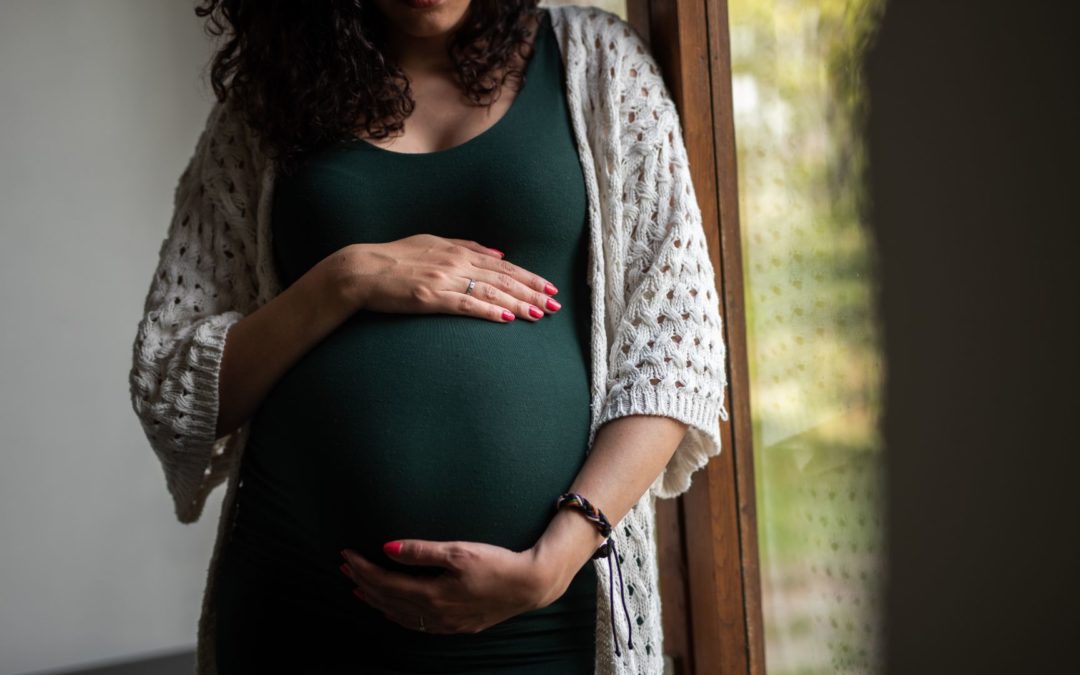You might think that being in a long-term relationship means that you’re entitled to the same or similar rights as a married couple. Unfortunately this is often far from the case says Paul Cobb, family and collaborative law solicitor at Rothera Sharp…
The cohabiting couple family is the fastest growing family, with 3.3 million in the UK in 2017. Yet despite more couples choosing to live together without getting married, there can be a lot of confusion and misunderstanding over what your rights are in a long-term relationship.
As a family solicitor, I deal with many cohabiting families who assume they have certain legal rights only to be devastated when they find out this is not so. The law as it currently stands favours married couples, and with legislative reform for cohabiting couples still a long way off I would advise anyone in a long-term relationship to get clued up on what rights they actually have and take steps to ensure they have more security should the relationship break down. This could include anything from setting up a formal agreement with your partner to creating a will, which our solicitors can help with. Below I’ve addressed some of the more common myths surrounding couples in long-term relationships.
Myth 1: Common law marriage gives you legal rights
Contrary to popular belief, the concept of ‘common law marriage’ does not actually exist in law, so if you are cohabiting you do not have any automatic legal rights like married couples do, regardless of whether the relationship lasts for two months or 20 years.
This means that if you separate there is no consideration of emotional factors, and whatever assets are in your name will belong to you and assets in your partner’s name will belong to them. Only where the other party can provide evidence that they have significantly contributed to an asset, such as mortgage payments, will they potentially be able to claim an interest in that asset.
Myth 2: Signing a cohabitation agreement provides as much security as getting married
Cohabitation agreements can certainly help to protect each person’s assets, and can cover everything from ownership of property and possessions to shared responsibility for children. If your relationship should break down a cohabitation agreement should also reduce costs in the long run, as court cases for cohabiting couples can be a lot more expensive than divorce proceedings.
However, having the conversation with your partner about drawing up such an agreement and being honest about all details of your life, including finances, can be hard to deal with, as well as the costs that can be involved with setting up a cohabitation agreement.
Myth 3: An unmarried father has equal rights to parental responsibility
Unfortunately unmarried fathers tend to have fewer rights regarding parental responsibility than mothers, and unless the birth of the child was registered by both parents after 1st December 2003, only the mother will automatically acquire parental responsibility.
If you separate from your partner I would always advise trying to reach some agreement with them in regard to arrangements for the children, otherwise an application for a child arrangements order might be required, which a solicitor can provide advice and assistance on.
Myth 4: If your partner dies you are entitled to their assets
As with a relationship breakdown, if one half of a cohabiting couple dies, the surviving partner has no automatic legal right to their money or possessions and under intestacy rules it will go to their next of kin. This means that if you are unmarried you need to make wills if you want to ensure your partner inherits; a wills team in a legal firm can assist you with this.
Also, unlike married couples, you are not exempt from paying inheritance tax if you inherit money or property from an unmarried partner.
If you have been cohabiting for at least two years, and your partner dies without having made a Will – or having made a Will that makes inadequate provision for you – the law does allow you to make a claim for “reasonable financial provision for your maintenance” from your partner’s estate. What this actually means in practice, and whether such a claim would be successful at all, varies significantly depending on the circumstances – it is a matter for the judge considering the case to decide, taking all the circumstances into account. We can say that the law sets a lower standard for what sort of provision would be reasonable in cohabitation cases than they do for married couples, however. If your cohabiting partner has died, you should take advice as soon as possible about whether a claim of this kind could be brought; but if both parties are still alive, it is far better to make a Will.
Currently, only couples who are married or in a civil partnership can claim bereavement benefits if one partner dies, however in a recent case in Northern Ireland, the UK’s Supreme Court ruled that it was unjustifiably discriminatory and breached human rights law to deny a Widowed Parent’s Allowance to an unmarried woman whose partner had died. The woman had lived with her partner for 23 years before he passed away, leaving her as the sole provider for their four children. Although it is unlikely that current eligibility rules for receiving bereavement benefits will change any time soon, this ruling will hopefully have significant implications for cohabiting couples across the UK and put pressure on the UK’s legislatures to change the law.
Myth 5: A couple will only have equal legal rights by getting married
As mentioned above, married couples do have more equal legal rights than unmarried couples, however in some cases it may not always be the best option. For the financially stronger party, who may have more assets or have contributed more, not getting married may actually benefit them more as their partner may have no legal rights to their assets, whereas through marriage a couple is jointly entitled to assets and property.
Myth 6: You are only entitled to a property or assets if they are in your name
If you owned a property before you started cohabiting then you will still own it, as is the case with any items you bought, unless they were bought jointly in which case the asset will be owned jointly.
If one of you gives property to the other, the property will belong to the receiver of the gift, although it can be difficult to prove this.
In some cases, the property might not be in a partner’s name but they might have made significant financial contributions towards it. If there was a formal or informal agreement that the property was intended to be jointly owned then you might have to go to court to justify that you are entitled to a share of the property.
Myth 7: You need to financially support your partner whether you are married or cohabiting and pay their debts
Unlike a married couple, an unmarried couple doesn’t have a legal duty to support each other financially. However if you live together and are claiming a means-tested benefit, you will be treated as a couple and your income will be assessed jointly.
Whether you are cohabiting or a married couple, you are only liable for debts in your name and not for any in your partner’s name. For debts in joint names or where you have joint and several legal responsibility such as council tax, you will both be responsible for the debt, or where your partner has a debt and you have acted as a guarantor.
For more information about your rights in a long-term relationship visit rotherasharp.co.uk








